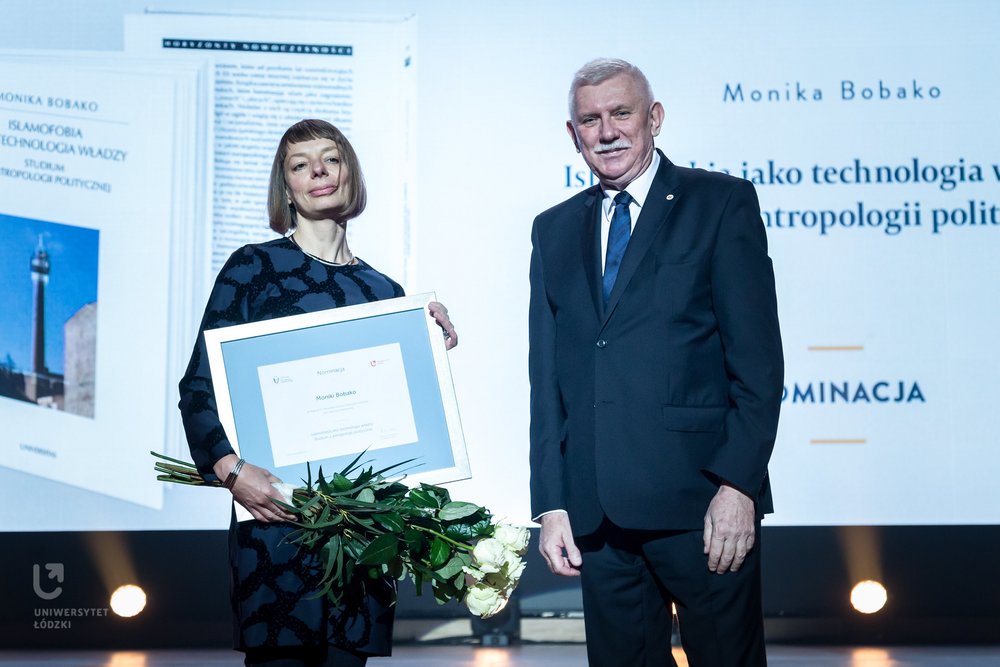Prof. Monika Bobako from the "Boundary Questions" Research Group Department, Adam Mickiewicz University in Poznań talked to Jędrzej Dudkiewicz from "Znak" monthly. The interview can be read in a free online version and in the paper version under the title "Węzeł palestyński" [The Palestinian knot] (in Polish).
The State of Israel was created to protect Jews from European anti-Semitism. However, it was also constructed as a colonial 'Western state in the East'. If we do not find a formula to reconcile these two stories, talking about Israel and the Palestinians will pose enormous difficulties
– Prof. Monika Bobako.
We encourage you to read the full version of the interview in which the scientist tries to find answers, among other things, to the following questions:
- Why does Israel compare 7 October to the attacks of 11 September?
- What is Germany's official position on Israel's military operation in Gaza, and how is the 'street' reacting to the conflict?
- Why is South Africa, a country with experience of apartheid, accusing Israel of genocide at the Hague Tribunal?
- Are we dealing with a so-called 'just war' in the Gaza Strip, aimed at defending its statehood, or rather with unjustified violence against the civilian population?
In the interview, Prof. Monika Bobako also refers to her book "Islamofobia jako technologia władzy. Studium z antropologii politycznej", which received a distinction in the 4th edition of the competition for the Award of the First Rector of the University of Lodz, Professor Tadeusz Kotarbiński honouring the best humanities books in Poland:
In my book (...) I refer to this problem as the negative feedback loop between antisemitism and Islamophobia. In some types of xenophobic politics, hostility towards Jews and Muslims occurs together as hostility towards a generalised Other; in others, one is stigmatised and the other is accepted. In the context of the confrontation between Israel and the Palestinians, it is clear that the fight against anti-Semitism often uses Islamophobic or Arabophobic clichés, while opposition to these clichés and support for the Palestinian cause sometimes slip into the rhetoric we know from the history of anti-Semitism. The political instrumentalisation of accusations of anti-Semitism or Islamophobia is also a part of this situation.
The war in Gaza is changing previous approaches to what has been going on between Israel and the Palestinians for decades, what will emerge from the ashes of the current conflict?
Is there a chance for a two-state solution, or perhaps for yet another political reality?
We encourage you to read the full interview in the pages of "Znak" monthly.
Edit: Honorata Ogieniewska, Communications and PR Centre, University of Lodz
The mission of the University of Lodz is to conduct reliable research and actively disseminate facts and research results so as to wisely educate future generations, be useful to society and courageously respond to the challenges of the modern world. Scientific excellence is always our best compass. Our values include: courage, curiosity, commitment, cooperation and respect.

